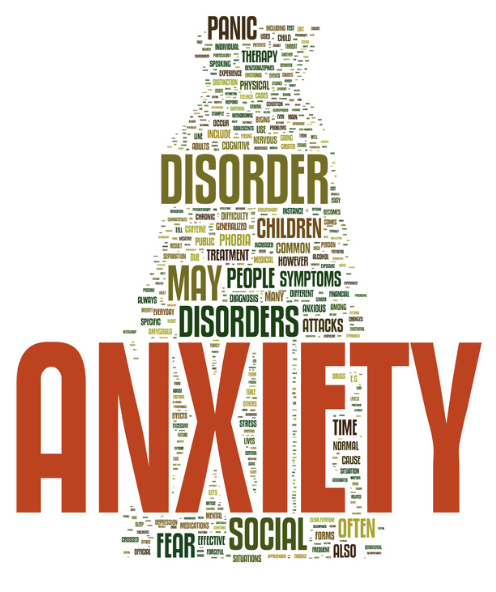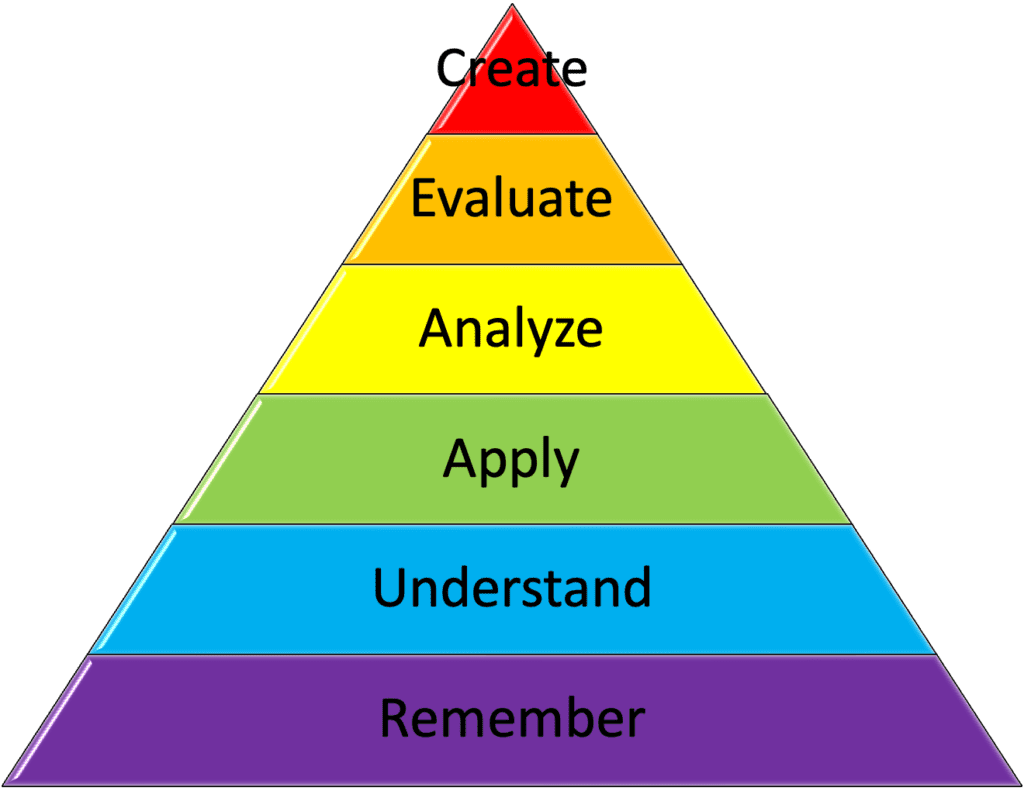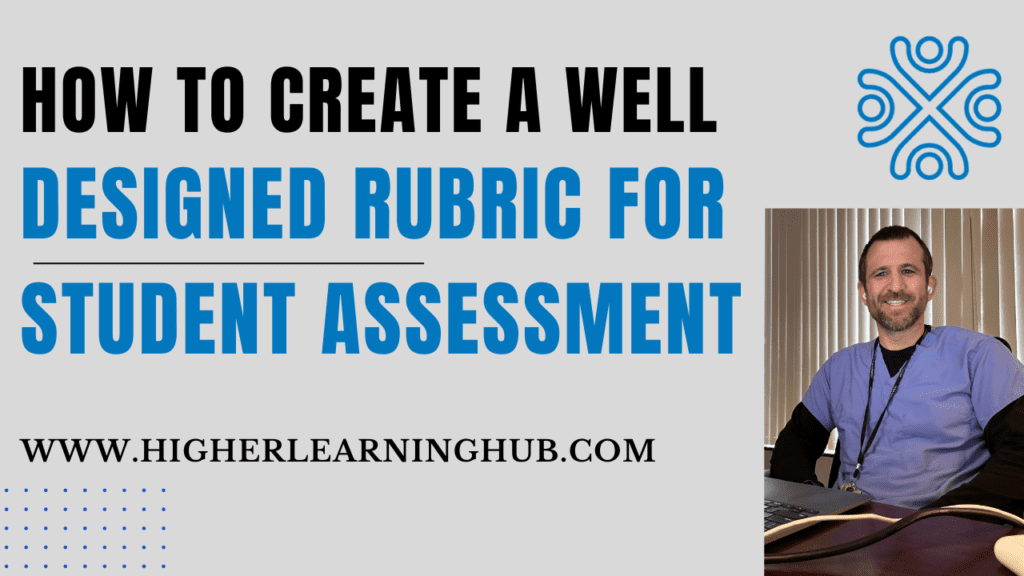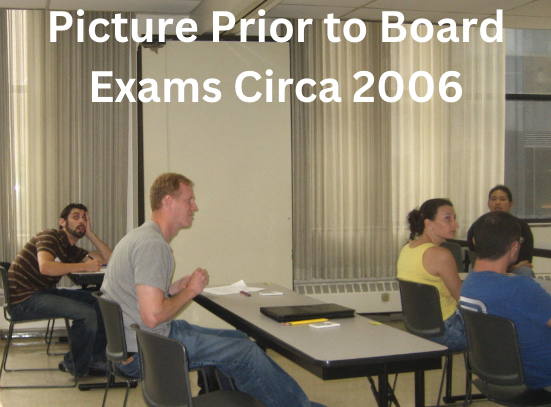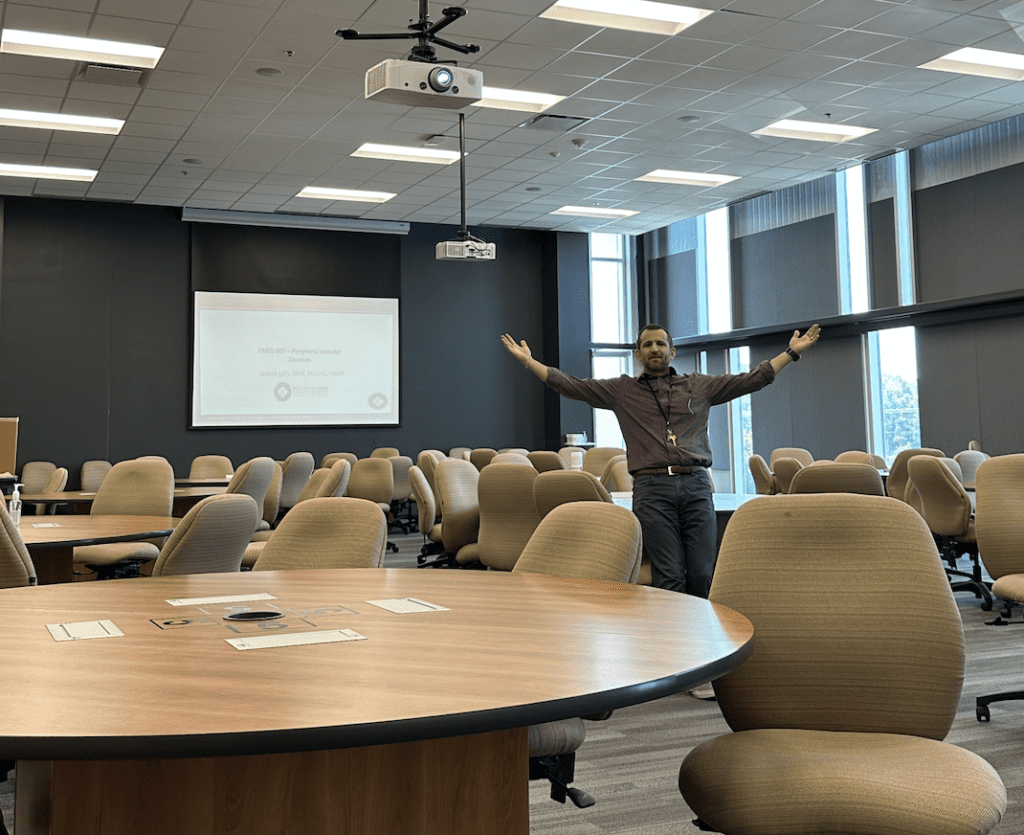Authored by Dr. Leland Jaffe; Associate Professor and Associate Dean, Published on January 24, 2024
Anxiety has become more prevalent and has negatively impacted the academic achievements of our students in higher education. Many anxious students find themselves grappling with the weight of anxiety, a mental health challenge that goes beyond the classroom walls and can seep into every aspect of their lives. This blog post delves into the intricate relationship between anxiety and academic performance in school, shedding light on how this mental health struggle can profoundly impact students’ academic achievements.
Understanding Anxiety in Higher Education
Anxiety is a natural human response to stress, and its presence in higher education is both ubiquitous and multifaceted. Some level of anxiety is normal, and can even be helpful, however, excessive anxiety symptoms can lead to physical symptoms and mental health challenges, potentially leading to poor performance in school. The transition from high school to college and graduate school marks a critical juncture in a student’s life, bringing with it newfound freedoms, responsibilities, and academic challenges. The pressure to excel, coupled with the fear of failure, can manifest as anxiety, a condition that goes far beyond the occasional pre-exam nerves and negatively impacts student learning.
Academic Anxiety: The Quiet Adversary
As students navigate the complex landscape of higher education, the demands placed upon them can trigger a range of anxieties. Academic anxiety, specifically, is a pervasive force that is present in classrooms, libraries, and testing centers alike. I’ve been there before and have felt the weight of anxiety in these situations. The fear of poor grades, the burden of unrealistic expectations, and the constant pursuit of perfection create a breeding ground for anxiety disorders that can significantly negatively impact academic performance.
The Cognitive Toll of Anxiety
Anxiety has a profound impact on cognitive function, affecting memory, concentration, and decision-making. In the academic setting, where information retention and critical thinking are paramount, these cognitive impairments can have far-reaching consequences that can negatively affect academic achievements. The perpetual state of heightened arousal that characterizes anxiety can lead to a reduced ability to focus, process information, and engage in effective problem-solving—a trifecta that undermines academic success in young people.
The Vicious Cycle: Anxiety and Procrastination
One of the most insidious ways high levels of anxiety undermine student performance is through the vicious cycle of procrastination. As anxiety mounts, students may find themselves overwhelmed by the tasks at hand, leading to a tendency to delay or avoid assignments altogether. This procrastination, while providing temporary relief from anxiety, only serves to intensify the stress when deadlines loom large. Breaking free from this cycle becomes a difficult task, and the academic consequences can be dire and lead to severe anxiety and poor academic performance.
Test-taking Anxiety


Test-taking anxiety is a pervasive challenge that many students face, transcending educational levels from high school to higher education. As students prepare for exams, the mounting pressure to perform well can trigger intense feelings of stress and apprehension and can lead to a panic disorder. The fear of failure, coupled with the anticipation of the unknown questions, often leads to a heightened state of anxiety that can significantly impact cognitive functions.
Physical symptoms of and strategies to manage test anxiety
Physical symptoms such as a racing heart, sweating, and difficulty concentrating may manifest, further hindering students’ performance. This anxiety not only affects test outcomes but can also erode self-esteem and confidence. The competitive nature of academic environments (especially in higher education) and the societal emphasis on academic success contribute to the amplification of test anxiety. Strategies such as mindfulness, proper preparation, and stress management techniques are crucial in addressing this issue, empowering students to approach exams with a more resilient mindset and having a positive effect on their overall academic experience.
Social Anxiety: Isolation in a Crowd
The collegiate experience is not merely an intellectual endeavor; it is a social transition where new relationships are created, and personal growth is developed. However, for students grappling with anxiety in social situations and social phobia, this aspect of higher education becomes a minefield of potential triggers. The fear of judgment, excessive worry, rejection, or embarrassment can lead to withdrawal from social activities, creating a sense of isolation that further exacerbates anxiety and hampers academic performance.
Physical and Emotional Toll
Beyond its cognitive and behavioral impacts, anxiety takes a toll on the physical and emotional well-being of students. Sleep disturbances, changes in appetite, and a constant state of hyperarousal contribute to a weakened immune system and heightened vulnerability to other health issues. The emotional toll of anxiety can lead to feelings of despair, hopelessness, and a pervasive sense of inadequacy—all of which cast a long shadow over academic pursuits.
The Role of Academic Pressure
While anxiety is a multifaceted condition with various contributing factors, the academic environment plays a role in its manifestation and exacerbation. The intense competition for top grades, the pressure to secure coveted internships or scholarships, and the relentless pursuit of a successful career post-graduation create an environment where anxiety is heightened. Shifting the paradigm from a hyper-competitive culture to one that prioritizes holistic well-being is crucial for breaking the cycle of anxiety in higher education.
Social Media and Anxiety in the School Setting


Social media, while designed to connect people and facilitate communication, has inadvertently become a breeding ground for school-related anxiety. Students in academic institutions find themselves immersed in a digital world where constant comparison and the pressure to showcase a curated version of their lives prevail. The incessant stream of achievements, academic successes, and seemingly perfect lifestyles displayed on platforms like Instagram and Facebook can create an unhealthy environment of competition and self-doubt. Remember that social media is a highlight reel of a person’s best self, and is not a reflection of real life.
Negative effects of social media
The fear of missing out (FOMO) intensifies as students witness their peers engaging in social activities or achieving academic milestones. Moreover, the prevalence of cyberbullying and the rapid dissemination of information contribute to a heightened sense of vulnerability (especially in younger children and elementary school students). The relentless exposure to this online culture can adversely impact students’ mental well-being in the long run, fueling anxiety and negatively influencing their academic performance and overall college experience. It becomes crucial for educational institutions to address the psychological toll of social media and promote a healthier online environment that prioritizes genuine connection over superficial validation- leading to stressful situations.
Breaking the Stigma: Mental Health Support in Higher Education
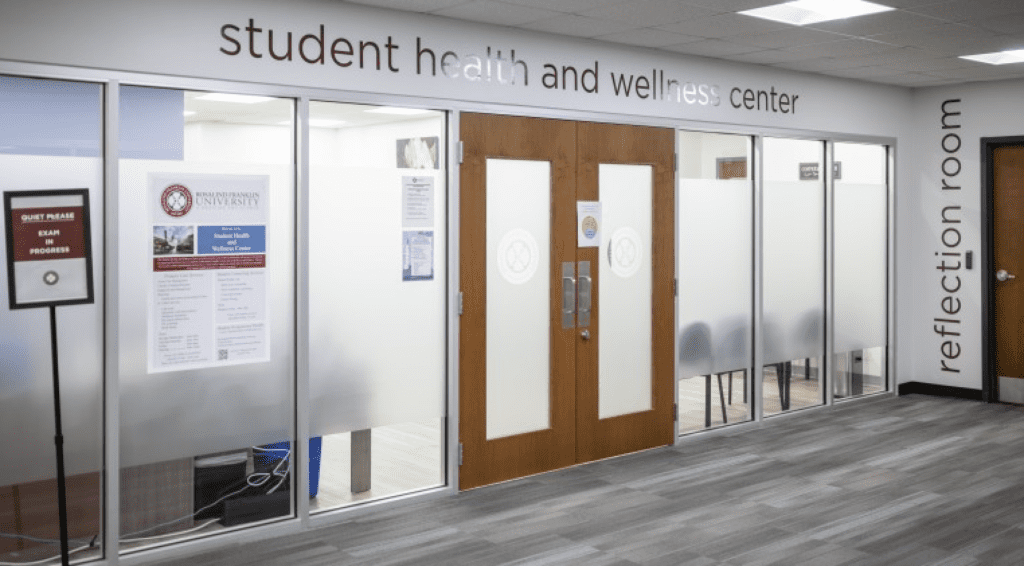

Acknowledging the prevalence of anxiety or other psychiatric disorders in high school, college, and higher education is the first step toward fostering a supportive environment for students. Breaking the stigma surrounding mental health issues is essential for encouraging open dialogue and seeking solutions. Universities and graduate schools must invest in robust mental health support services, including school counselors, educational workshops, a school psychologist, and awareness campaigns, to ensure that students have access to the resources they need to navigate the challenges of higher education. These types of resources could have positive impacts on not only school performance but also on their daily life and physical health.
The Power of Holistic Approaches
Addressing anxiety in higher education requires a holistic approach that encompasses academic, social, and emotional well-being. Incorporating mindfulness practices, stress management techniques, and resilience-building strategies into the curriculum can empower students to develop the coping mechanisms necessary to navigate the rigors of academia. Additionally, fostering a culture of open communication, where students feel comfortable seeking help without fear of judgment, can be a game-changer in the battle against anxiety.
Anxiety and Its Impact on Performance in School: Conclusion
As we learn more about the complex interplay between anxiety and academic performance in higher education, it becomes evident that this silent struggle and the effects of anxiety are both pervasive and damaging to the student. From the cognitive toll it takes on students to the emotional and physical consequences, anxiety has the potential to cast a long shadow over the educational journey. Breaking free from this mental health struggle requires a collective effort—a commitment from institutions, educators, and students alike to prioritize mental health and create an environment where the pursuit of knowledge is not overshadowed by the grip of anxiety. By acknowledging the challenges and working collaboratively to foster a culture of support, higher education can truly become a transformative journey, unburdened by the silent struggles that hinder academic success and personal growth in our young adults.
Comment below to share your thoughts on this important subject!

